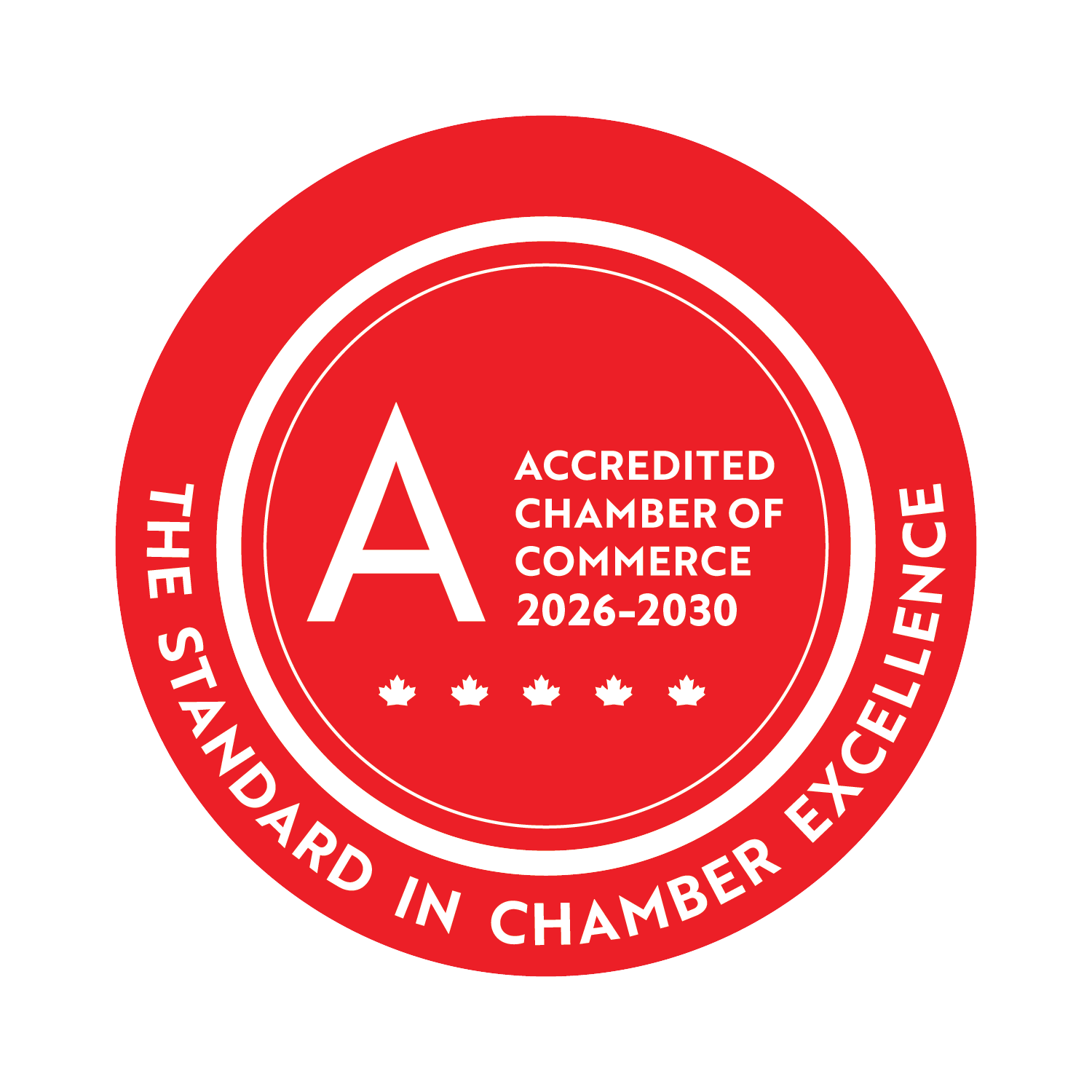 Ontario is in a period of economic transition. The Ontario Chamber of Commerce (OCC) and its 60,000 members firmly believe that the policy choices made today will impact our province’s competitiveness for generations to come.
Ontario is in a period of economic transition. The Ontario Chamber of Commerce (OCC) and its 60,000 members firmly believe that the policy choices made today will impact our province’s competitiveness for generations to come.
The Government of Ontario is currently consulting on how to set the minimum wage. This issue is important. There is broad consensus that the current process—or lack thereof—governing the minimum wage does not work for employers and workers.
We have consulted widely with our membership through surveys, focus groups, and one-on-one interviews. Our consultations have revealed that OCC members want a process for setting the minimum wage that is based on four principles:
Predictability: Employers want a process that provides predictability so that they can plan, grow, and invest with confidence.
Transparency: Employers need a process that is open and de-politicized.
Fairness: Employers also want a process that considers the impact on both employers and workers.
Promotes Ontario’s competitiveness: Employers are job-creators. Decisions around minimum wage should not discourage investment, job creation, and economic growth.
As such, we recommend that the minimum wage be pegged to the Consumer Price Index (inflation). Of the options considered, this approach is most consistent with all four principles outlined above.
We also urge members of the panel to consider the impacts that significant and one-off hikes in the minimum wage have on businesses and employment. For many employers—particularly those in the retail, hospitality, and leisure sectors—a decision to ‘make up for lost time’ would exacerbate the challenges they face and hinder Ontario’s economic recovery.
Read the report, Predictable, Transparent, Fair: The Business Perspective on How to Set Ontario’s Minimum Wage.
The post Predictable, Transparent, Fair: The Business Perspective on How to Set Ontario’s Minimum Wage appeared first on The Ontario Chamber of Commerce.








